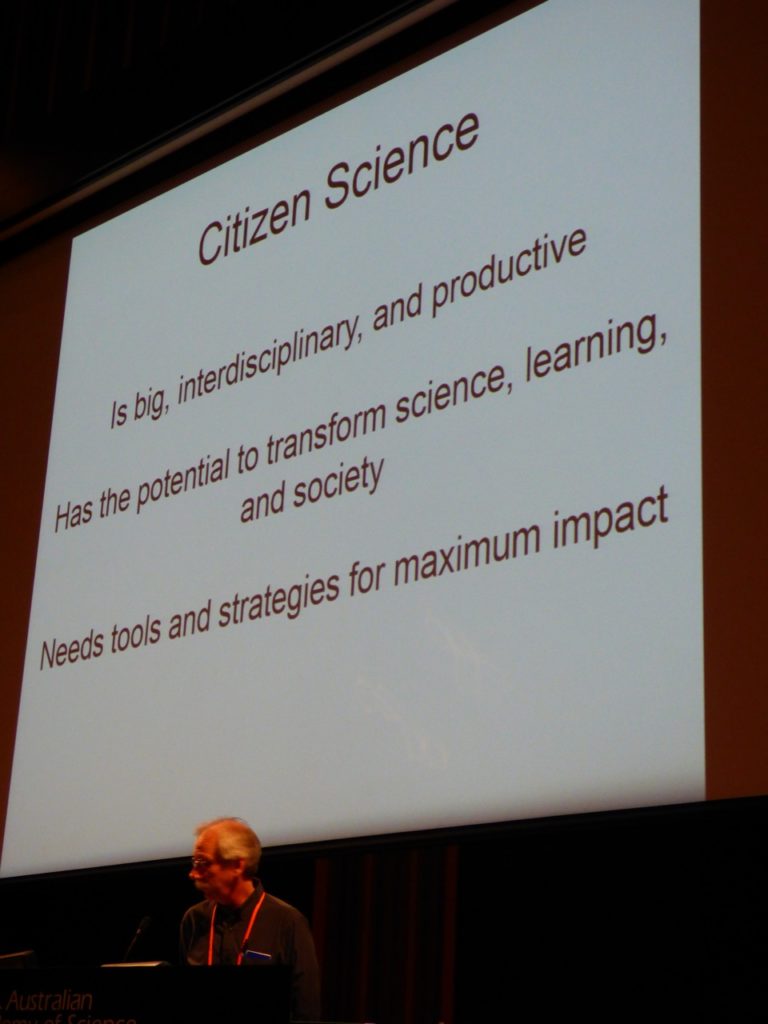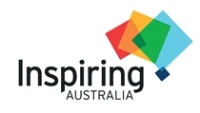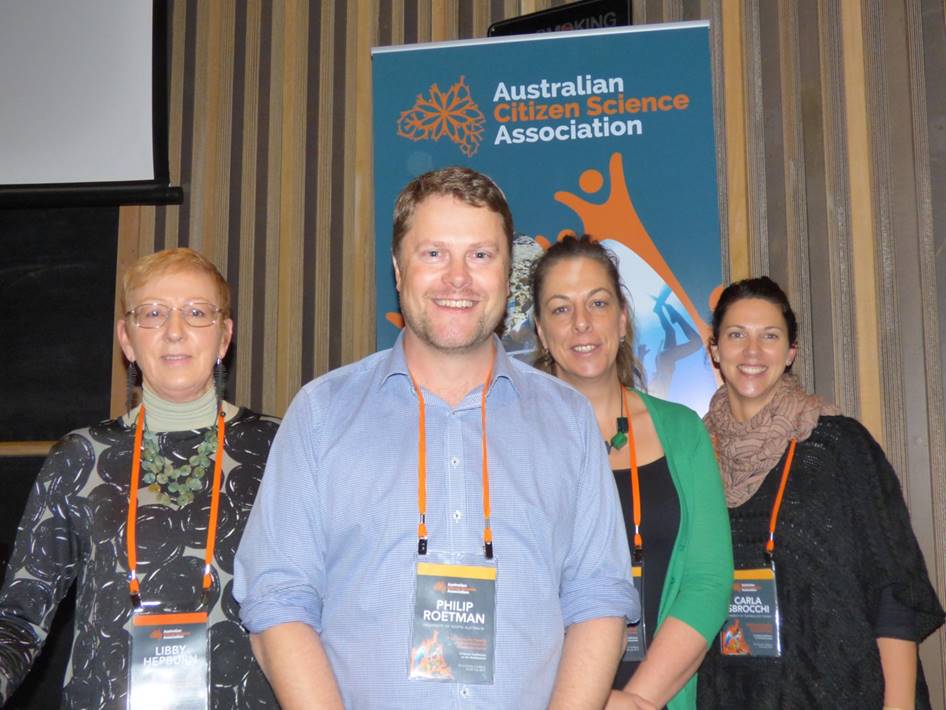Australia’s first national citizen science conference was held on 23rd and 24th July 2015 in Canberra. “Maximising the Capacity of Citizen Science for Science and Society: A Fenner Conference on the Environment”, explored building the practice of citizen science through the sharing of Australian and international perspectives, designed to enhance capacity of Australian practitioners to deliver successful citizen science programs. Keynotes, workshops and interactive speed talk sessions focused on improving design, impact, outcomes, and evaluation of citizen science, as well as collection, validation, analysis, management, and sharing of citizen science data. The conference highlighted the diversity of important citizen science projects already contributing to science in Australia, whether making astronomy observations from a home computer or recording observations of nature while outdoors (e.g. water quality monitoring or plant and animal observations). A range of projects represented by talks at the conference is detailed in the conference program HERE, and a many conference posters can be found HERE.

Delegates eagerly attended from a variety of locations and backgrounds, to share experiences and learn from each other, which undoubtedly contributed substantially to the success of this conference. A fantastic program, featuring Rick Bonney and Jennifer Shirk of the Cornell Lab of Ornithology, drew more than 198 delegates from across Australia, and from Europe, the United States, and Southeast Asia. Delegates came from a variety of backgrounds, including federal, state, territory and local government departments, research institutions, NGOs, private industry, NRM organisations, community groups, formal education facilities, informal education facilities (museum, zoo, botanic gardens, public aquarium) and individual citizen scientists.
Maximising citizen science was a central theme that resonated throughout, and even after, the conference. Parallel sessions to the conference demonstrated high-level interest in developing capacity to undertake citizen science in Australia: Australia’s Chief Scientist, Prof Ian Chubb, set the energetic tone of the conference with the announcement of the Occasional Paper: Building Australia Through Citizen Science (read paper HERE); the Australian Citizen Science Association (ACSA; www.citizenscience.org.au) held its first Annual General Meeting, where a management committee was elected by members; and post-conference workshops allowed groups and individuals to discuss specific issues in citizen science, including Bio Blitzes, the usability of technology, citizen science and its influence on policy, and the strategic direction of the newly formed Australian Citizen Science Association. As expected, the conference created discussion around domestic and international opportunities for collaboration, and several joint initiatives have already commenced. These include an international working group on metadata interoperability, contributions to an international citizen science journal, development of national working group projects and strategic planning for the expansion of citizen science in Australia.
Overwhelming positive feedback indicated delegates gained new knowledge, enjoyed themselves and further developed a sense of community, which will only help to strengthen the practice of citizen science in Australia.
Many thanks to our generous sponsors: the Australian Academy of Science, Inspiring Australia, the Atlas of Living Australia, NSW Office of Environment and Heritage, the Discovery Circle at the University of South Australia, Gaia Resources, and Queensland Water and Land Carers.
 |
 |
 |
 |
 |
 |


